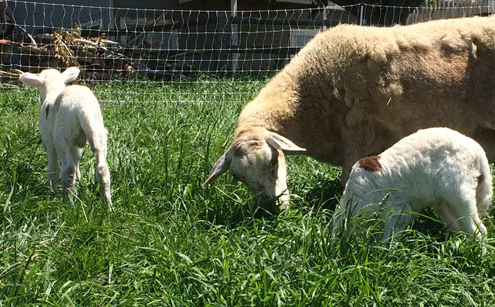
Episode 161. Integrated Pest Management in Idaho Flocks
In this episode of Voices from the Field, NCAT Livestock Specialist…

Weekly Wednesday Workshop: Multi-Species Livestock Production
In this episode of Weekly Wednesday Workshop, Felicia Bell, NCAT…

Episode 159. Small Ruminants: All About Health
In this episode of Voices from the Field, Margo Hale, Director…

Selling Meat During the COVID-19 Pandemic
While we never have a problem selling what we have available, we also don’t usually have an overwhelming demand. As soon as COVID-19 hit, though, people who have never bought meat from us before began reaching out to see if we had any meat available for sale. They wanted to stock their freezers!
By Margo Hale, NCAT Southeast Regional Director and NCAT Livestock Specialist
By Margo Hale, NCAT Southeast Regional Director and NCAT Livestock Specialist
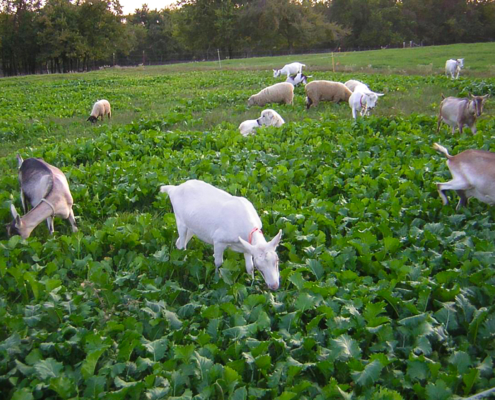
Rotational Grazing Tips from Linda Coffey
In this video, NCAT Livestock Specialist Linda Coffey shares…
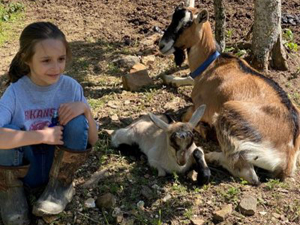
Dairy Goats for the Farm
This week, I will be sending a young dairy goat named Caramel to a lovely family. The seven-year-old girl who will be in charge of the goat is so excited; she and her parents have planned for shelter, pasture, and feed.
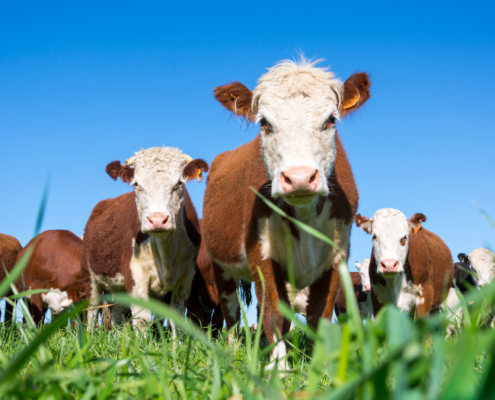
Small-Scale Meat Sales
In this new video from NCAT Southeast Regional Director Margo…
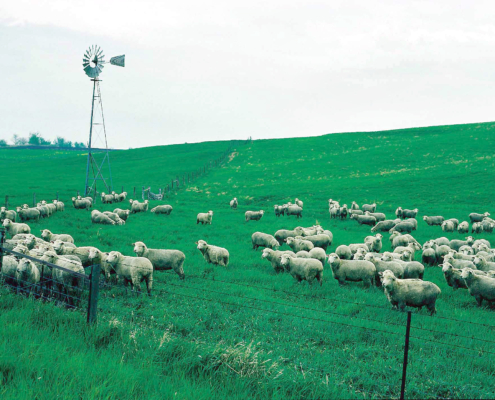
What Regenerative Grazing Can Do For You
Come see how the three principles of regenerative grazing: long…
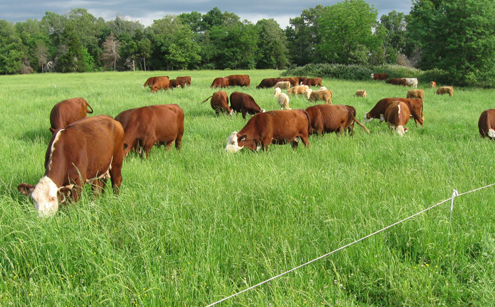
Episode 153. COVID-19 Impacts on Local Livestock Producers
In this episode of Voices from the Field, NCAT Southeast Regional…
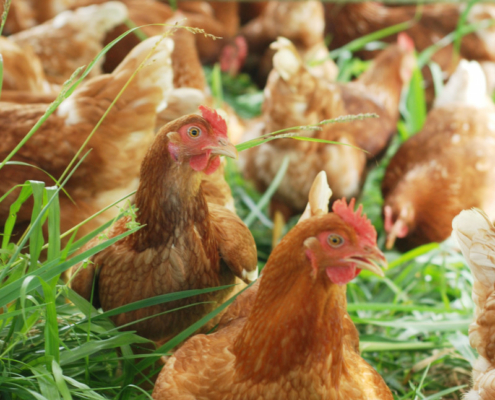
Mobile Chicken Coop Designs
Mobile coops help chickens contribute to soil fertility on the…
Freshly Picked
- Australian University Develops System to Measure Farm-Product Sustainability
- Research from Morocco Links Soil Color with Organic Matter Content
- Southern SARE Graduate Student Grants
- Episode 385: Facilitating School Sales through Flexibility and Relationship Building
- Urban Community Farms Project Resources
NCAT Websites
Get Help
Ask an Ag Expert
Call us: 1-800-346-9140
Visit the Forum
Don’t Miss!
National Center for Appropriate Technology
Helping people build resilient communities through local and sustainable solutions that reduce poverty, strengthen self-reliance, and protect natural resources.
